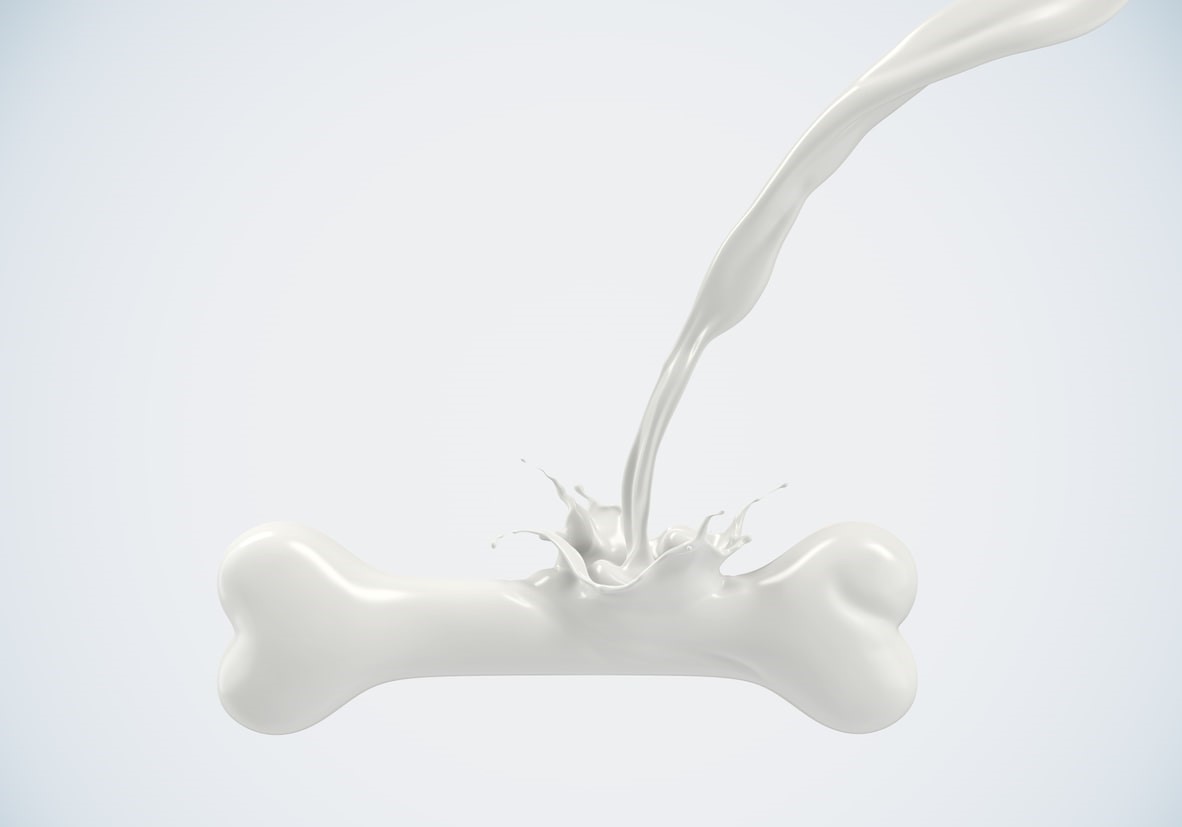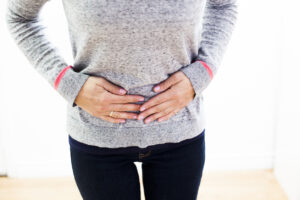Bone health is of the utmost importance, especially for mature women. Approximately 10 million Americans have osteoporosis, and another 44 million have low bone density, which puts them at an elevated risk level. And to top it all off, it’s most common in women over 50. While that sounds daunting, you can take steps to avoid being one of the many that face this diagnosis – or at least decrease its impact on your overall health.
Why Strong Bones Matter
Our bones are the framework of our entire body, and how they’re treated and the condition in which we keep them can affect our overall health. They keep the calcium stores for our body, protect our organs, and are what allow us to move and function in everyday life. Our bones evolve over time, first becoming stronger and continually growing and recreating, then eventually switching to a greater amount of bone loss instead of bone growth. This change typically takes place around the age of 30, and our daily habits starting even that young can have a major impact on our bone health later in life.
Of course, some of the factors that affect our bones are out of our control. Genetics plays a major role in the amount of bone loss we’ll face in our older years, so you can somewhat determine your level of risk by looking at your family history. During your formative years, the actions you take can also play a role in your bone health later in life. Fortunately, there are factors that we can influence as well, such as diet and exercise. Here are some natural ways to strengthen your bones, including dietary changes and lifestyle habits you can make starting today.
7 Ways to Strengthen Bones
1. Got Milk?
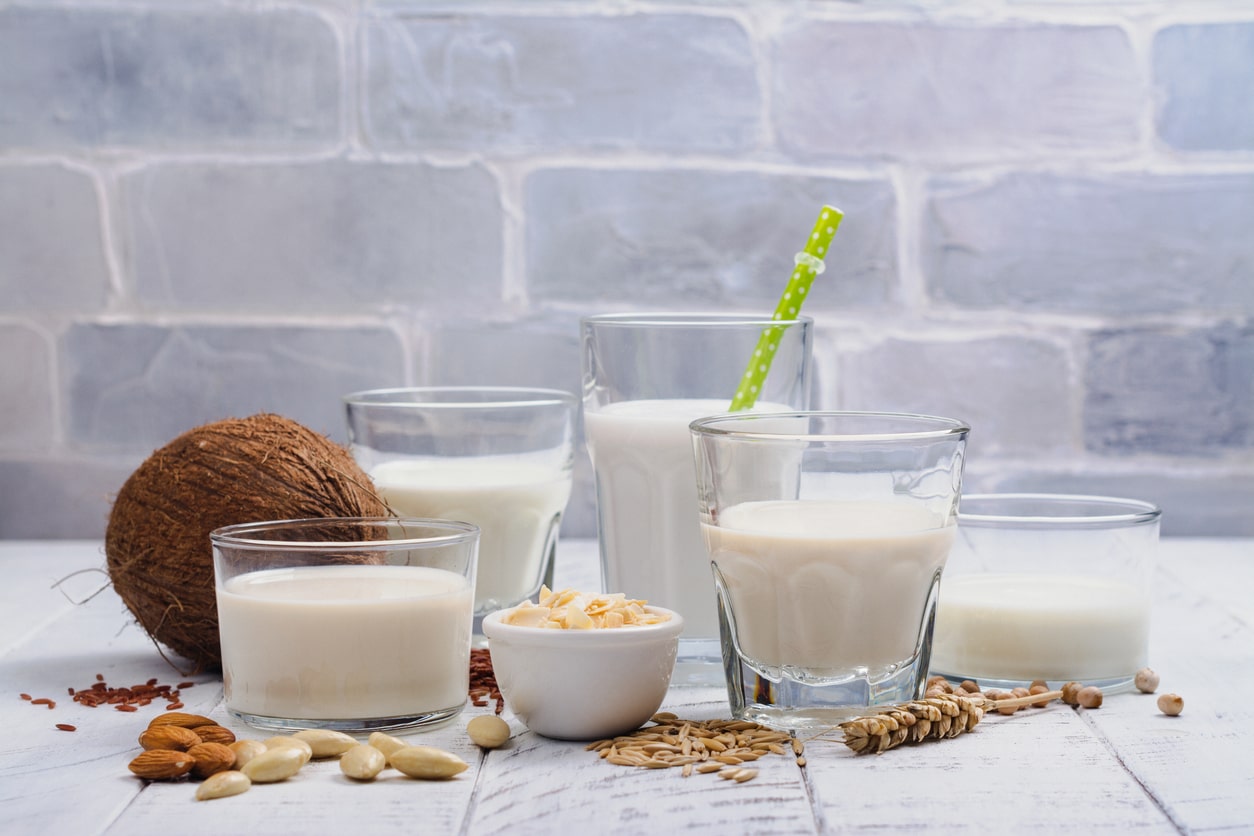
Dairy has been considered a great source of calcium for many years. However, because of milk allergies or sensitivities, it’s not always a prime option for many people. Fortunately, there are many calcium-rich milk alternatives on the market these days. There are even vegan and vegetarian options for those who prefer not to have any animal products. And while milk is often an easy option to include in your daily routine, other dairy products also offer great opportunities for adding calcium to your diet. This includes almonds, tofu, salmon, low-fat cheese, or yogurt.
2. Eat Your Fruits and Veggies

We all know that fresh fruits and vegetables should be one of the main staples in our diets, so it should come as no surprise that they’re also great for strengthening our bones. That’s because they’re packed full of vitamin C, which is known to protect our bone cells as well as stimulate the production of bone-forming cells. If you’re looking for a tasty way to start your day, consider adding citrus fruits like pink or red grapefruit, which are high in vitamin C.
Veggies and fruits also have a high amount of vitamin K, which can impact our bone strength by regulating the cells used for building bones (osteoblasts and osteoclasts). Increasing the number of veggies in our diet can also increase bone mineral density, which is one of the key building blocks for good bone health.
Dark leafy greens like kale, bok choy, broccoli, spinach, Chinese cabbage, or turnip greens are amazing sources of vitamin K. Dried fruits like figs or prunes also have high levels of bone-strengthening vitamins to help keep you healthy and strong.
3. Decrease Your Alcohol and Caffeine Consumption

Ah, the cup of coffee first thing in the morning or the glass of wine after a long week. While these little indulgences can be nice, you have to remember that it’s important to limit your intake. That’s because coffee can decrease the amount of calcium your bones absorb if you drink three or more cups a day. If you absolutely can’t limit your daily coffee consumption, adding milk can offset the lost calcium.
Alcohol can affect your bone health by negatively affecting your liver and pancreas, which will impact the ability to absorb vitamin D and calcium. Just remember – everything in moderation.
4. Add Potassium to Your Diet
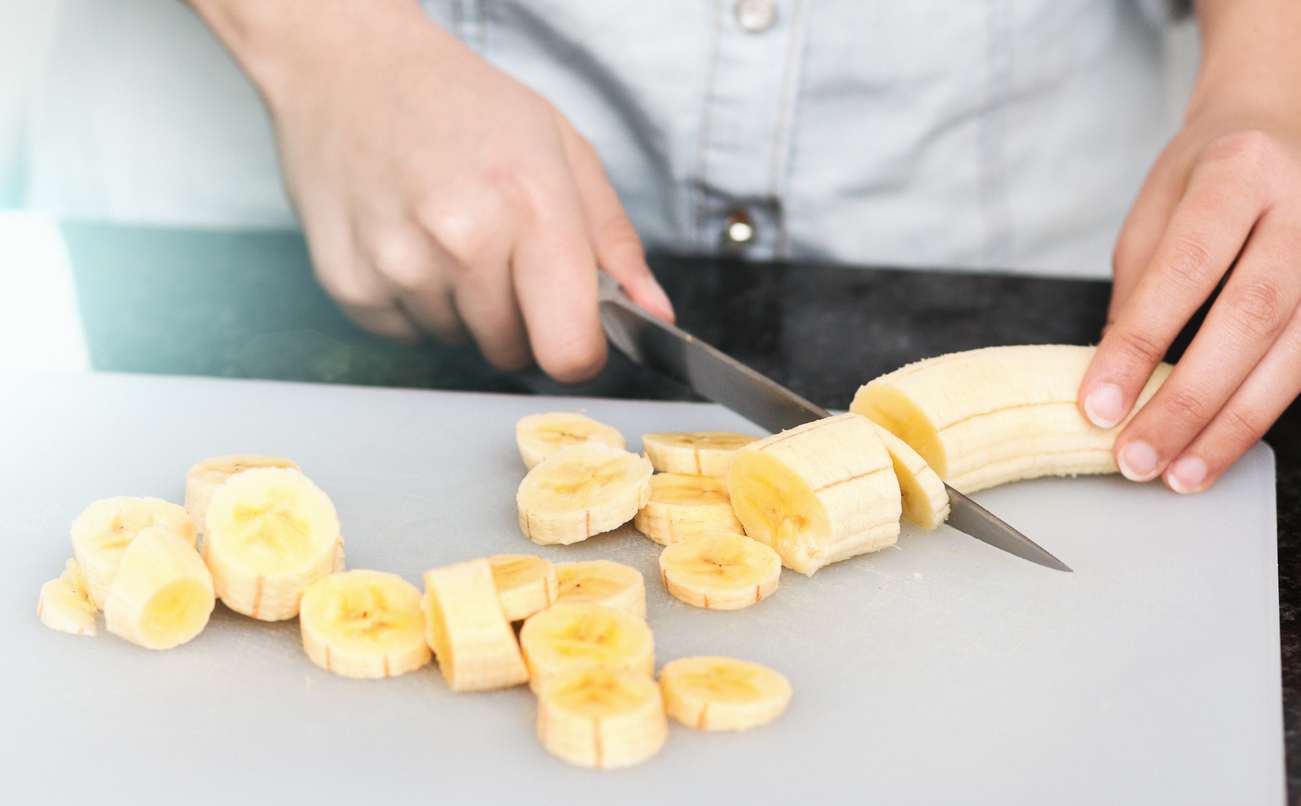
Potassium is a key component when it comes to strong, healthy bones. In fact, potassium is thought to be a bit of a guardian when it comes to bone health. That’s because it can prevent calcium loss by neutralizing the acids that eat away at our bones and cause our calcium levels to be depleted. Also known as potassium salts, they reduce bone resorption, which is a process in which bones are broken down, causing them to be weaker. Magnesium is also an unsung hero when it comes to bone health because when your body is running low, you can have issues with your vitamin D balance. It helps us keep our vitamin levels in check, which is a key to healthy bones.
If you’re looking to increase your potassium and magnesium levels, consider eating a baked sweet potato, which is packed full of both. You can also include bananas in your daily diet, a food that has been long heralded as a major source of potassium.
5. Find a Supplement That Works for You
Our list of daily vitamins seems to be ever-increasing but making sure that you have everything you need for bone health in your daily list is imperative. We’re not just talking about calcium supplements either, because bones are built up of more than just that. When it comes to a supplement, make sure you’re also getting enough zinc, copper, potassium, manganese, vitamins K and D, copper, and the aforementioned calcium. Finding a supplement that has the appropriate balance for you personally can be tricky, so it’s important to discuss your need with your doctor or health care professional. For women over 30, the recommended daily allowance is 320 milligrams of magnesium and 1000 milligrams of calcium.
6. Exercise Your Right to Healthy Bones
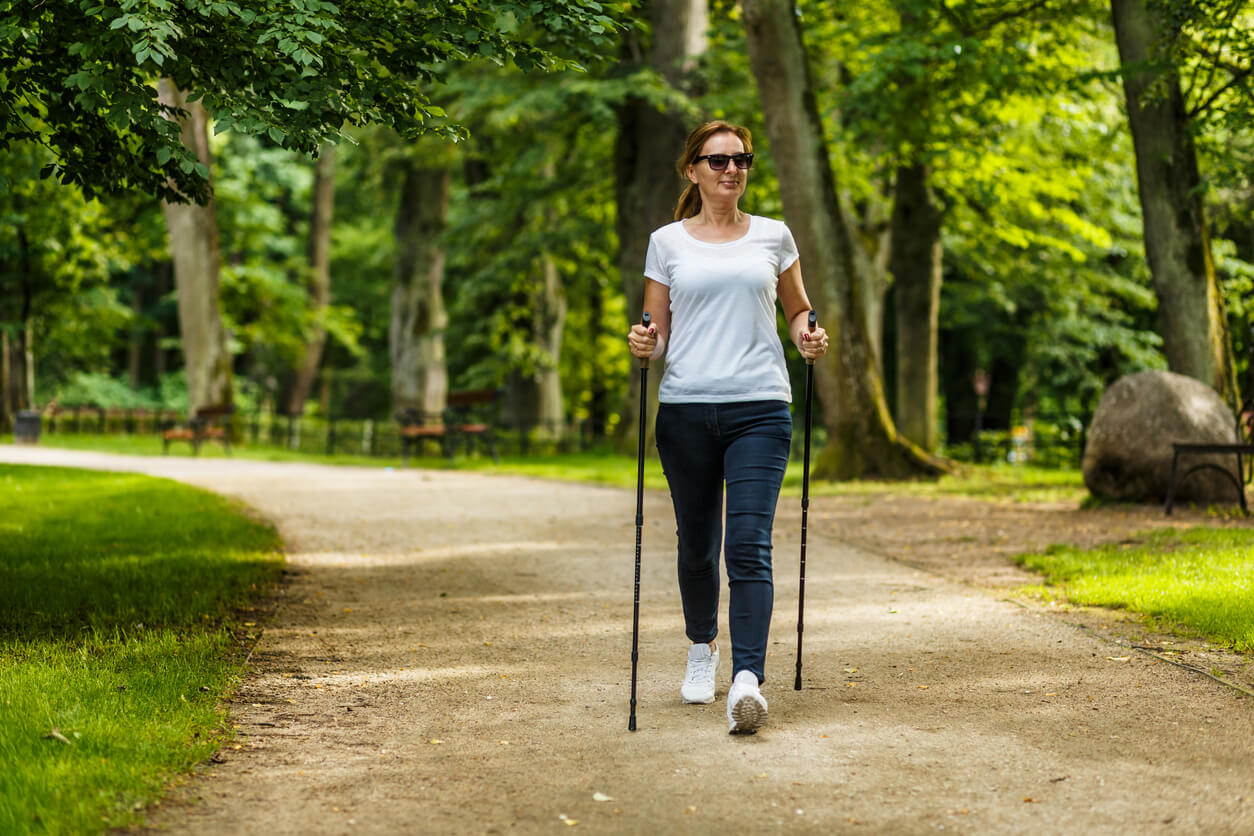
Getting active can have a positive effect on your bones as well. Weight-bearing exercises like jogging, tennis, fast-paced walks, or strength training are great ways to build strong bones.
7. Add a Little Vitamin D to Your Day

You might have heard of the winter blues, which typically occur when our days are shorter and the amount of sun we get decreases. That’s because we aren’t getting the same amount of vitamin D, which can not only affect our levels of serotonin and melatonin (which in turn affects mood) but can also lead to weakened and brittle bones. Vitamin D is a key component in bone health because it works in conjunction with calcium to strengthen them. If you can’t make your way outside to take in some rays, you might consider a supplement to ensure you’re getting an adequate amount.
Bone health is so important, especially as we get older. You can make these simple lifestyle and diet changes to ensure you’ve got strong bones and better overall health.
This article is for informational purposes only and is not intended to diagnose or treat any medical conditions. Consult with your doctor if you think you have any medical issues or if you’re considering adding any supplements or medications to your daily routine.
Read Next:

